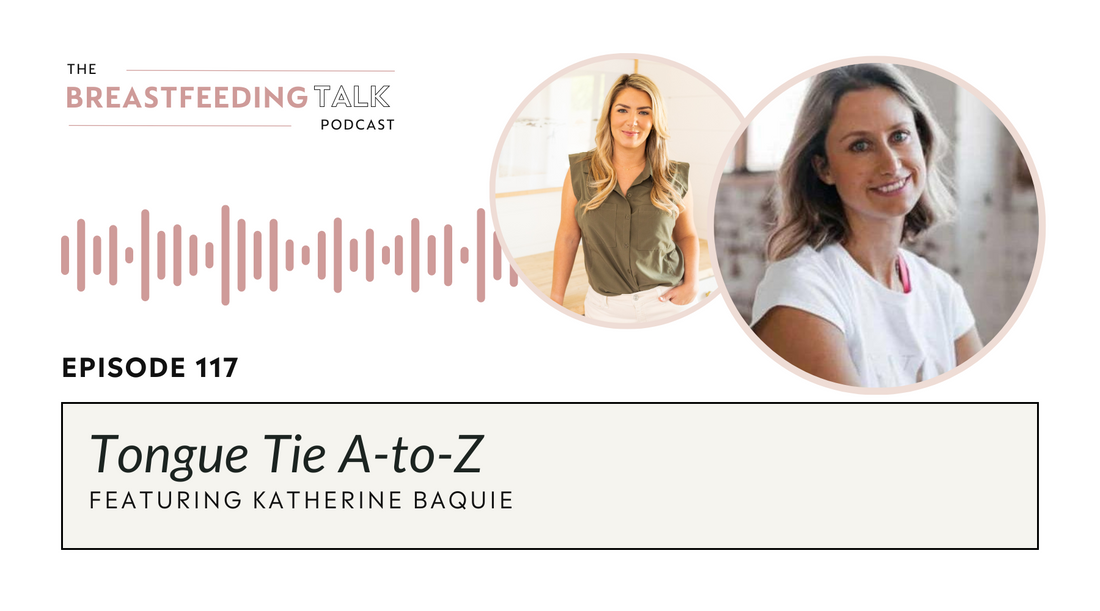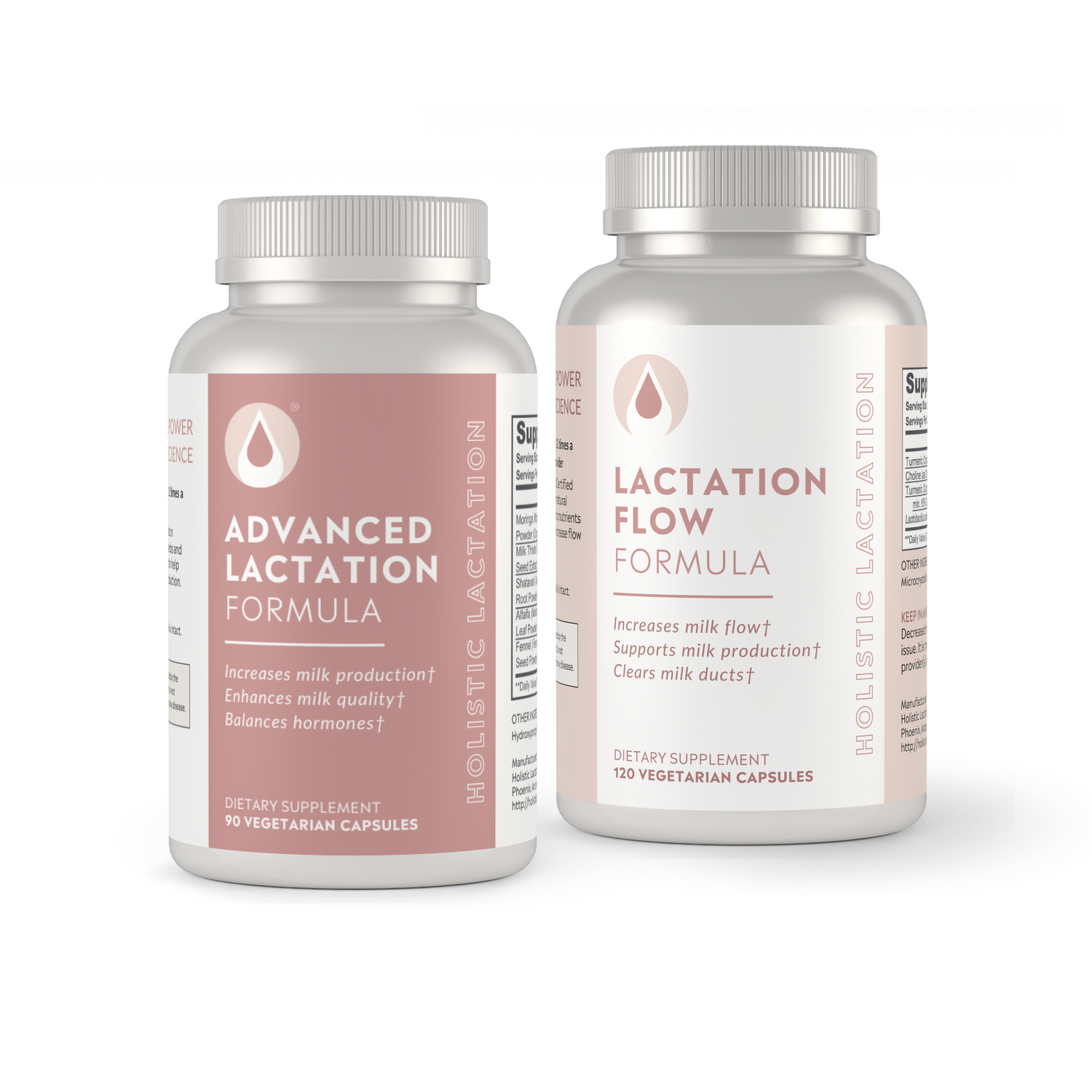
Tongue Tie A-to-Z
Description
If you've ever wondered why breastfeeding can be such a challenge, or if you've stumbled upon the term 'tongue tie' in your journey as a new parent, this episode is for you. Together with Katherine Baquie from FitNest Mama, we unravel the intricate connection between tongue ties and breastfeeding. Listen in as we unpack the basics of tongue tie, its signs and symptoms in babies, and how it's diagnosed. You'll gain valuable insights on who to consult for an evaluation and the various treatment options available.
In this episode, you’ll hear:
- What is a tongue tie and how does it affect the ability to breastfeed
- What are the signs and symptoms of a tongue tie in babies
- How is a tongue tie diagnosed, and who you should consult for an evaluation
- What are the treatment options for tongue ties, and how they work
- Strategies or techniques you can use to help your baby with breastfeeding or oral development if they have a tongue tie
Related Links:


